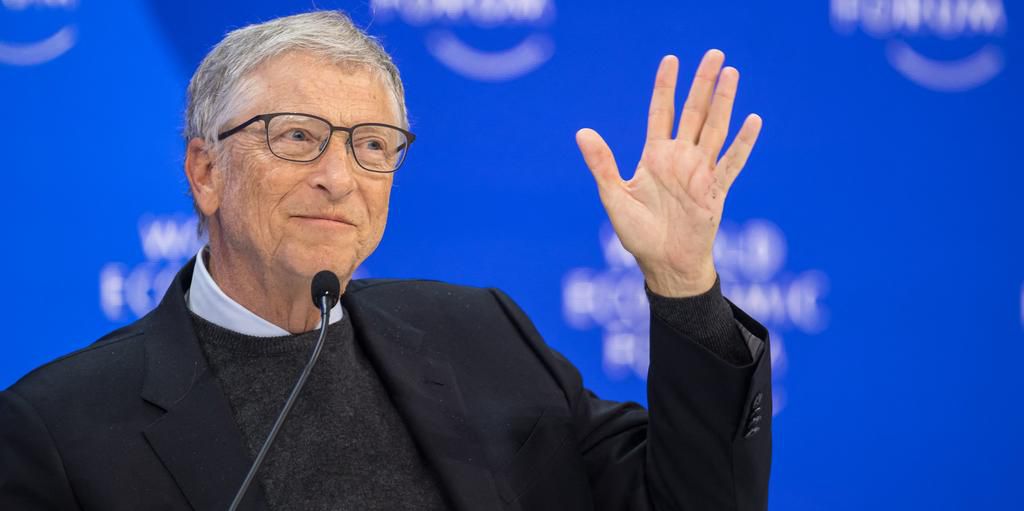Here’s why Capt. Traoré banned Bill Gates-backed ‘modified mosquito’ project in Burkina Faso
)
The military-led government of Burkina Faso has halted the operations of Target Malaria, a multi-million-dollar project supported by the Bill & Melinda Gates Foundation. The initiative, which focused on using genetically modified mosquitoes to curb malaria transmission, has been terminated following rising opposition from civil society groups and a shift in national policy.
In a statement released by the Ministry of Higher Education, Research and Innovation, authorities confirmed that laboratories holding the modified mosquitoes had been sealed and all remaining samples would be destroyed. This directive effectively ends more than a decade of research activity in the country, where the project has been running since 2012.
Target Malaria’s Response
)
Target Malaria, which is hosted by the Institute of Health Sciences Research (IRSS) in Burkina Faso, emphasised that it had received all necessary approvals from national oversight bodies, including the National Biosafety Agency (ANB), the National Environmental Assessment Agency (ANEVE), and the Health Research Ethics Committee.
In a statement, Target Malaria said:
The National Biosafety Agency and the National Environmental Assessment Agency responded favourably in July 2025 to the authorisation request submitted by our Burkina Faso team at the Institute of Health Sciences Research to conduct controlled releases of non-gene drive genetically modified male-bias mosquitoes. As part of this process, the Ethics Committee for Health Research also issued its approval.
The group added that “on 11 August 2025, one small-scale release of non-gene drive genetically modified male-bias mosquitoes took place successfully in line with the conditions of the permits.”
Background to the Project
)
Target Malaria is an international research consortium coordinated from Imperial College London, with funding exceeding $75 million from the Gates Foundation and Open Philanthropy. Its central aim is to reduce malaria transmission through advanced genetic technology, particularly by altering mosquito populations to reduce their ability to spread the disease.
The project has operated not only in Burkina Faso but also in Ghana and Uganda. Scientists involved have used CRISPR technology to develop mosquitoes that either cannot carry malaria parasites or produce more male offspring, thereby reducing overall populations.
Why the Opposition?

Malaria continues to claim over 600,000 lives annually across Africa, according to the World Health Organization, making it one of the continent’s most severe public health challenges. Yet, environmental and civil society groups in Burkina Faso have expressed deep reservations about genetically modified organisms being introduced into ecosystems.
The Coalition for Monitoring Biotechnological Activities in Burkina Faso (CVAB) has been vocal in labelling the project as risky, opaque, and potentially damaging to both biodiversity and human livelihoods.
The government’s decision marks a significant setback for gene-editing approaches in malaria eradication, reflecting both public mistrust and heightened caution under Burkina Faso’s military leadership.
)
)
)

)
)
)
)
)
)
)
)
)